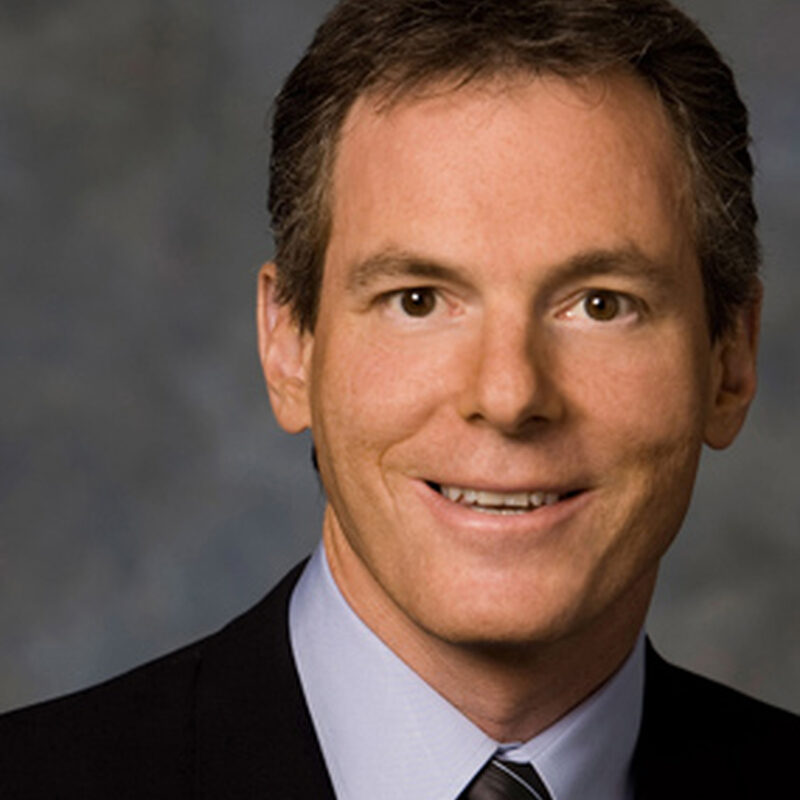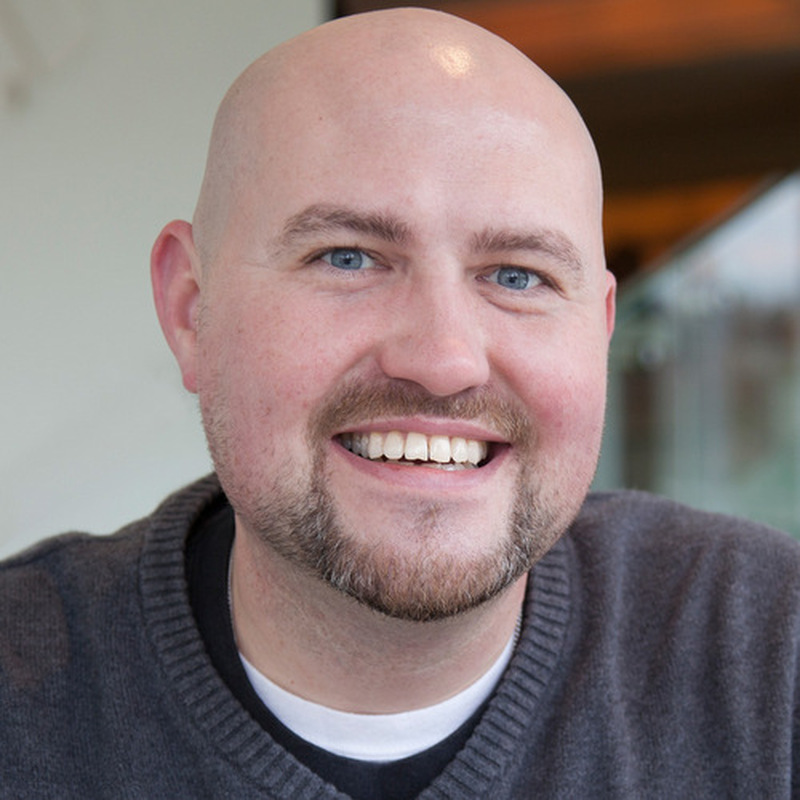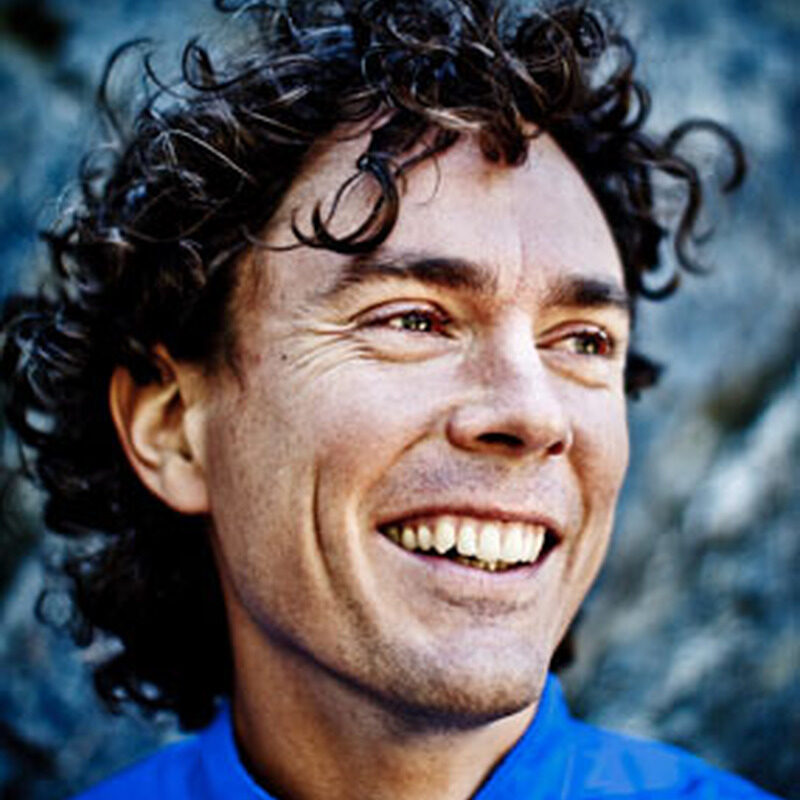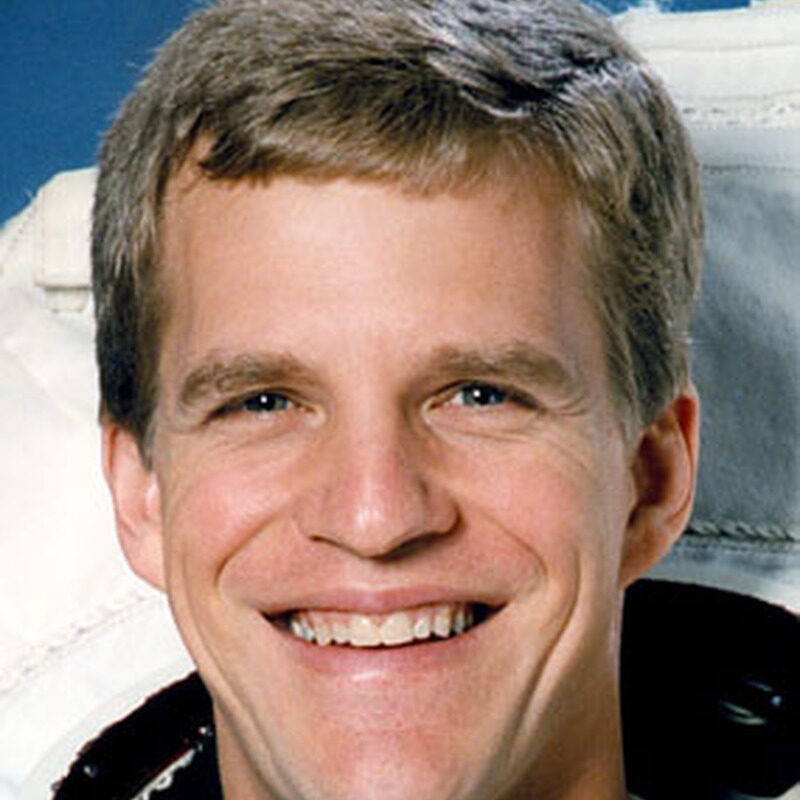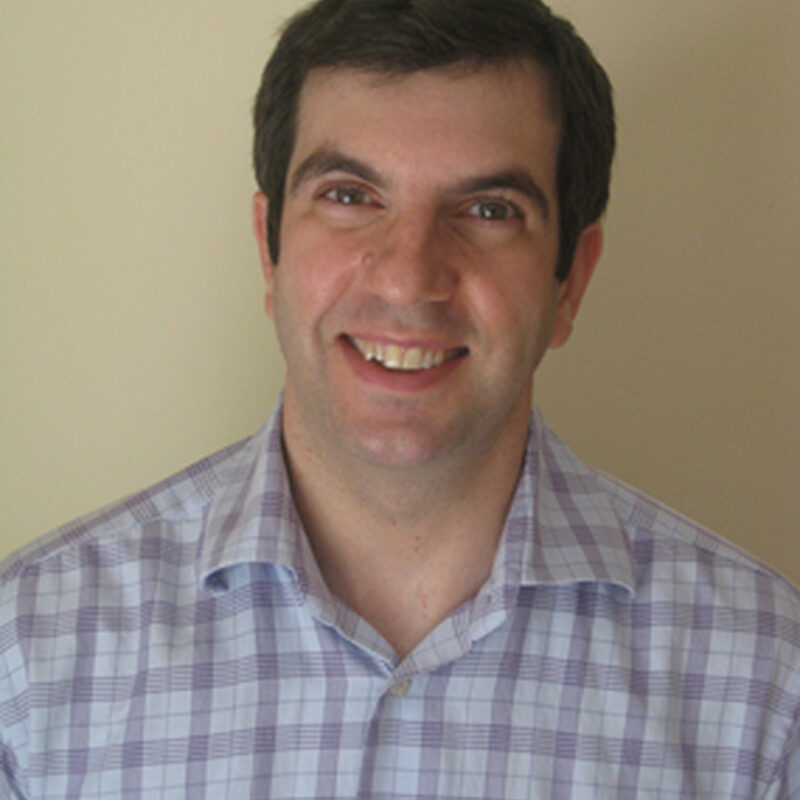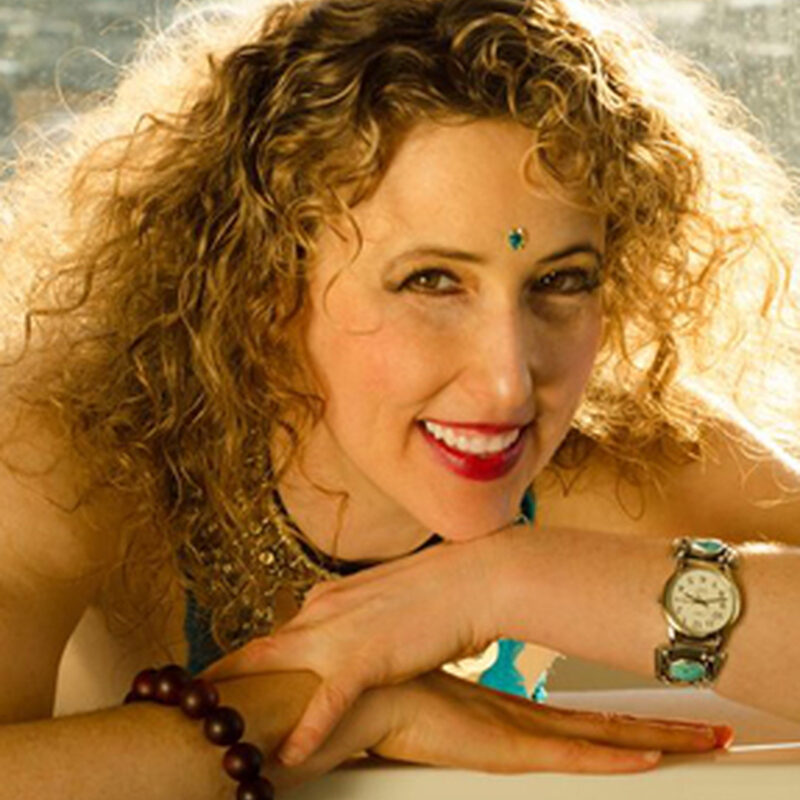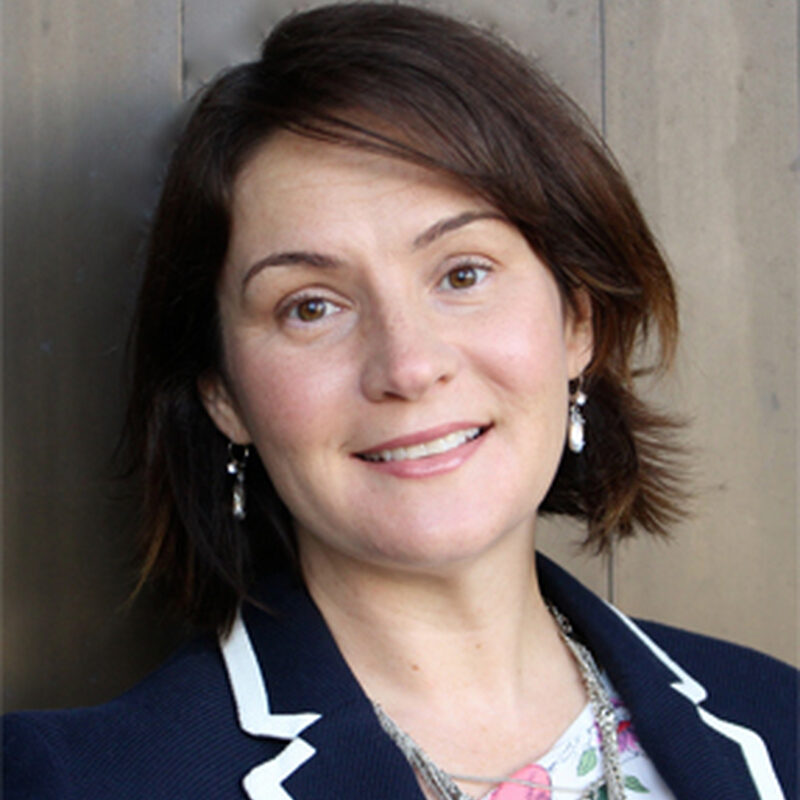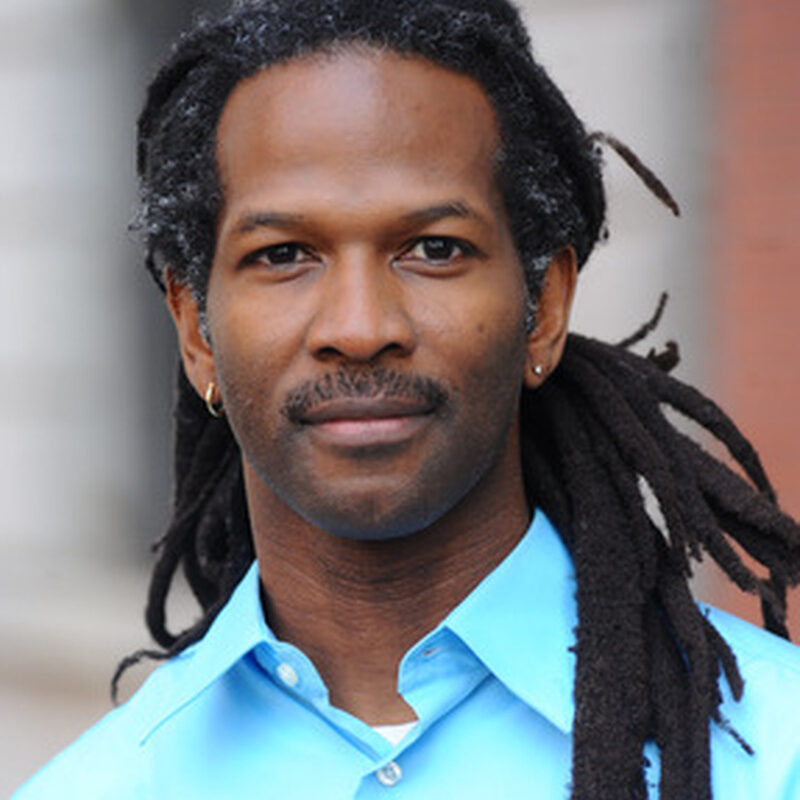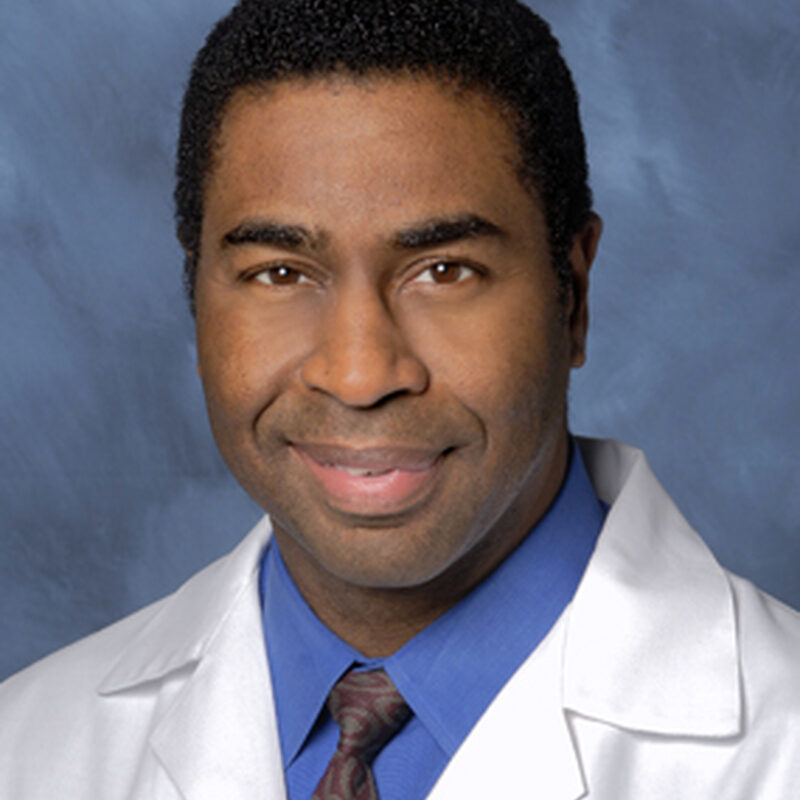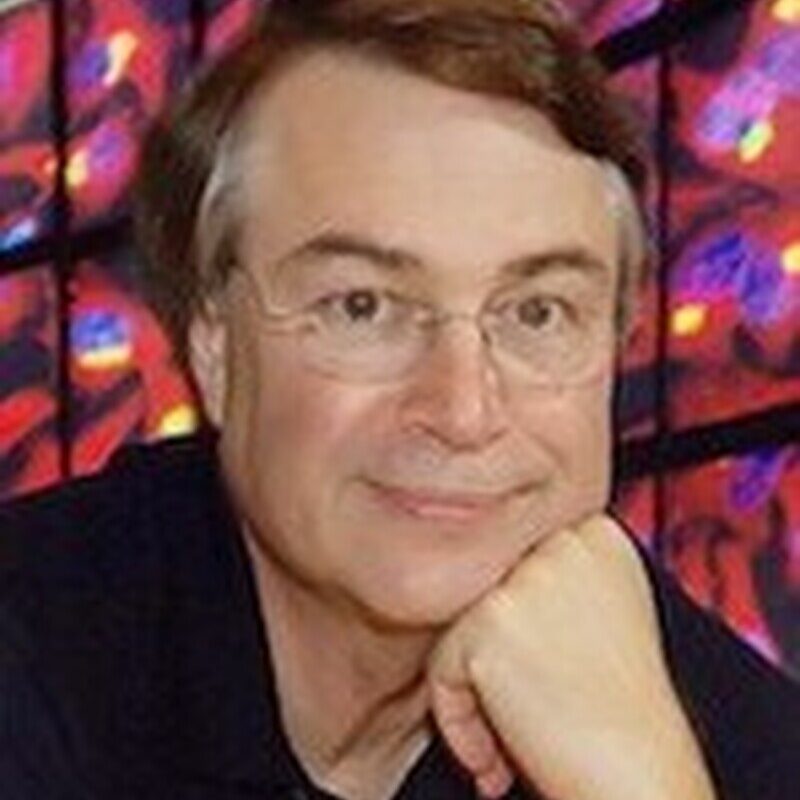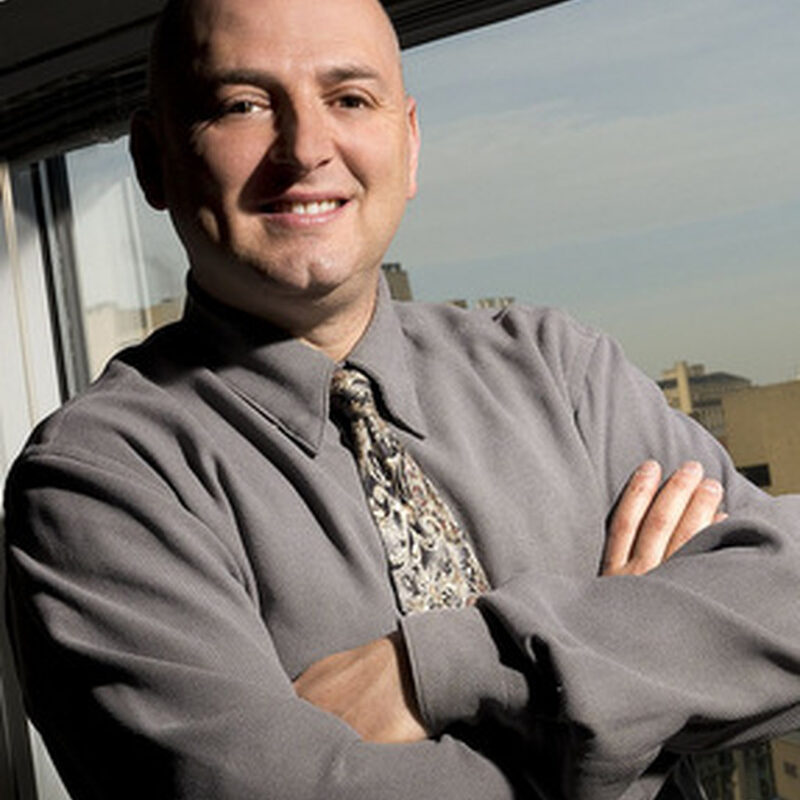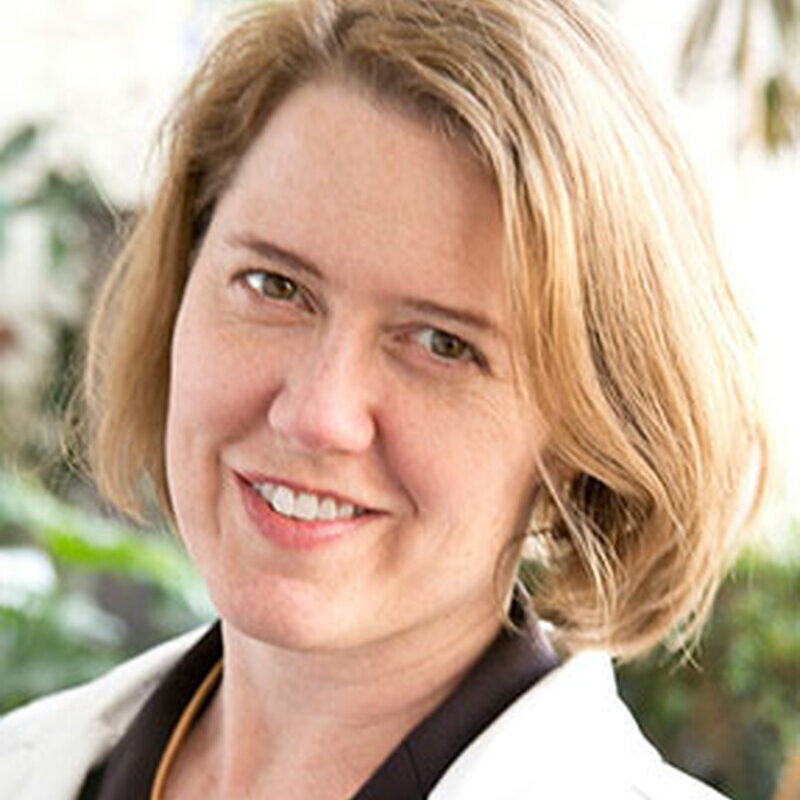Jacob Scott is a radiation oncologist and cancer theoretician who uses primary mathematical methods to develop novel and hopefully translatable biological hypotheses. He came to this position in life by way of a tortuous career path that included astrophysics, nuclear engineering aboard a submarine, teaching physics and coaching wrestling at the high school level – all before beginning his doctorate in medicine. Dr. Scott began his scientific career studying astrophysics at the U.S. Naval Academy, where he graduated with a Bachelor of Science in Physics with merit. He went on to serve in the U.S. Navy’s submarine fleet aboard the U.S.S. Louisiana, where he served as the ship’s reactor controls assistant. After his time in the Navy, Dr. Scott taught advanced placement Physics and coached wrestling at Stanton College preparatory school, which was at the time the #1 public school in the nation. After a short stint at Stanton, he enrolled in medical school at Case Western Reserve University, graduating Alpha Omega Alpha in 2008 and earning his M.D. He then began his specialty training in Radiation Oncology at the Moffitt Cancer Center and Research Institute in Tampa, FL and joined the Integrative Mathematical Oncology research group. He is now enrolled at Oxford University and is reading for a doctor of philosophy in mathematics (DPhil) where he is focusing his theoretical research on the clinical problem that he finds most enigmatic: glioblastoma – a uniformly fatal brain tumor. Jacob’s real passion however, is spending time with his wife, Sarah, and their 3-year-old daughter, Maren, whose imagination and curiosity defy all theory.
Jacob Scott
Radiation Oncologist and Cancer Theoretician
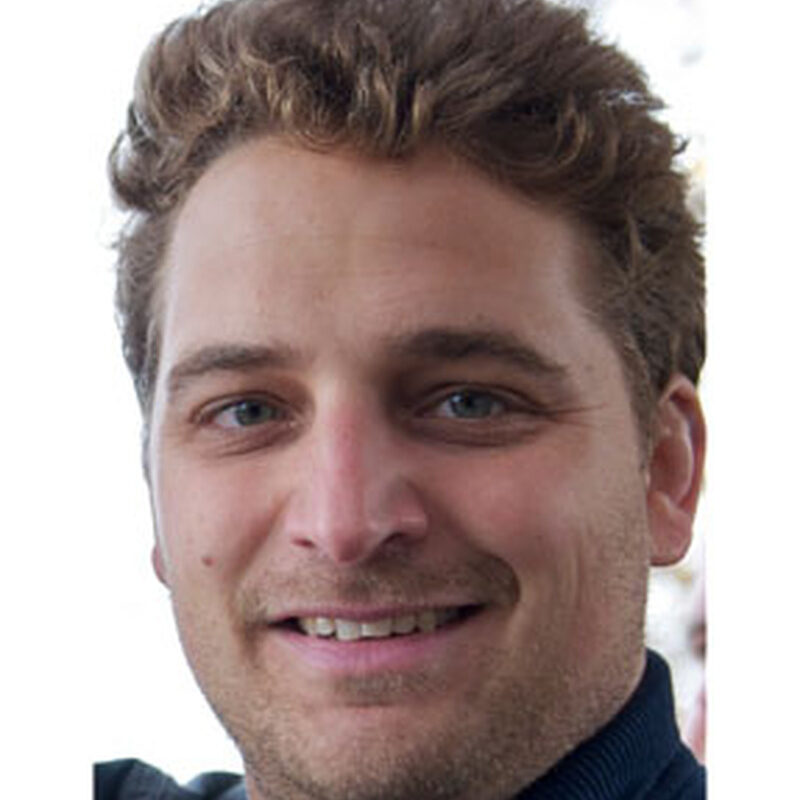
TEDMED Contributions
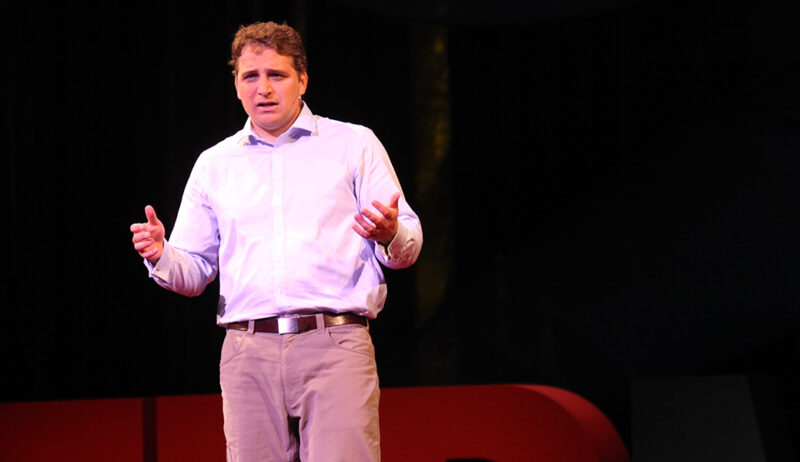
Jacob Scott
Can we stop the imaginectomies?
Astrophysicist, naval engineer and cancer theoretician JACOB SCOTT thinks that by encouraging diverse talents in medicine, MDs can fill a much needed new role – the dot-connector.

Jacob Scott
Jacob Scott - Q&A at TEDMED 2012
Radiation Oncologist Jacob Scott fields questions about what risks he sees in the process of getting into medical school these days.
